President Biden’s New Parole-in-Place Program
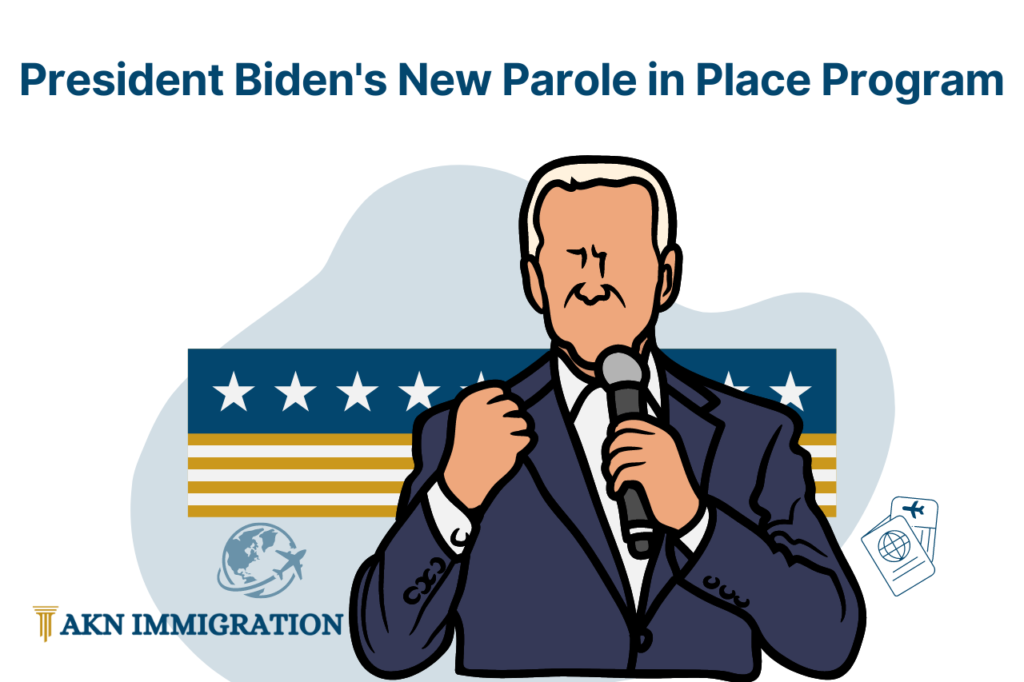
On June 18, 2024, President Biden announced executive action in the form of a new Parole in Place program for certain spouses of U.S. citizens. Parole in place is an immigration provision that allows certain noncitizens, who are already in the U.S. without a lawful entry or admission, to apply for lawful permanent residence without having to leave the country. This process is particularly crucial for maintaining family unity by avoiding long and stressful separations that traditional immigration procedures often entail.
One Year of Advocacy: Thank You for Trusting AKN Immigration.
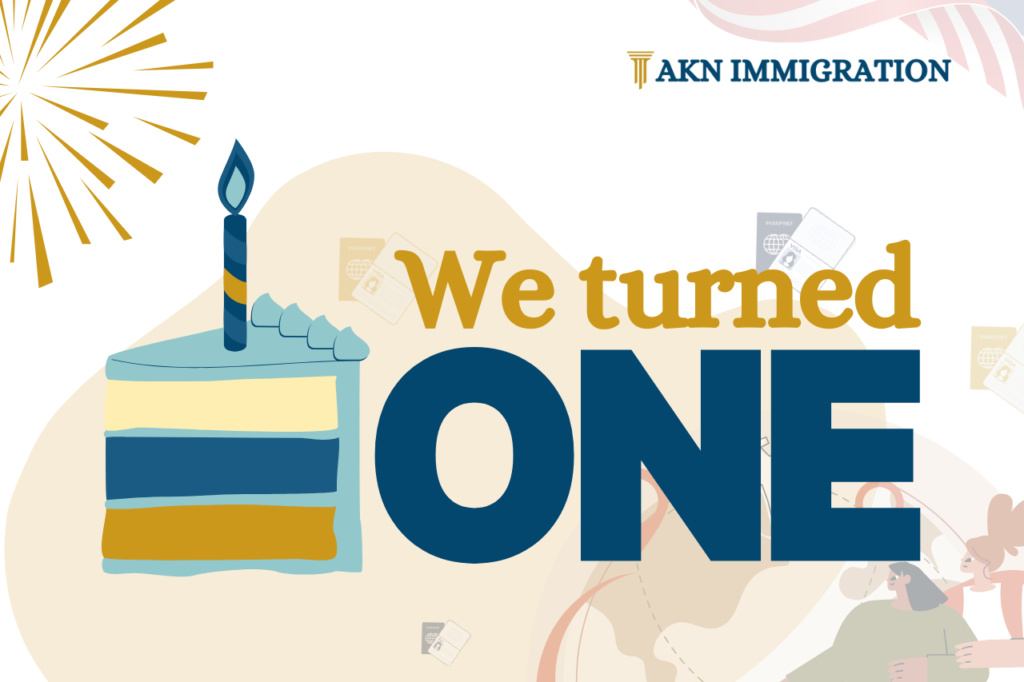
Celebrating One Year of Advocacy! We are thrilled to mark AKN Immigration’s one-year anniversary and extend our heartfelt gratitude to all our wonderful clients. It has been an absolute honour and privilege to represent you and advocate for your immigration needs. Throughout the past year, we have had the incredible opportunity to hear your unique stories and help you achieve your immigration goals. Additionally, your unwavering trust in us has been the foundation of our success, and we cannot thank you enough for allowing us to serve you.
The DV Lottery: What can you do to win the Diversity Visa Lottery with your family?
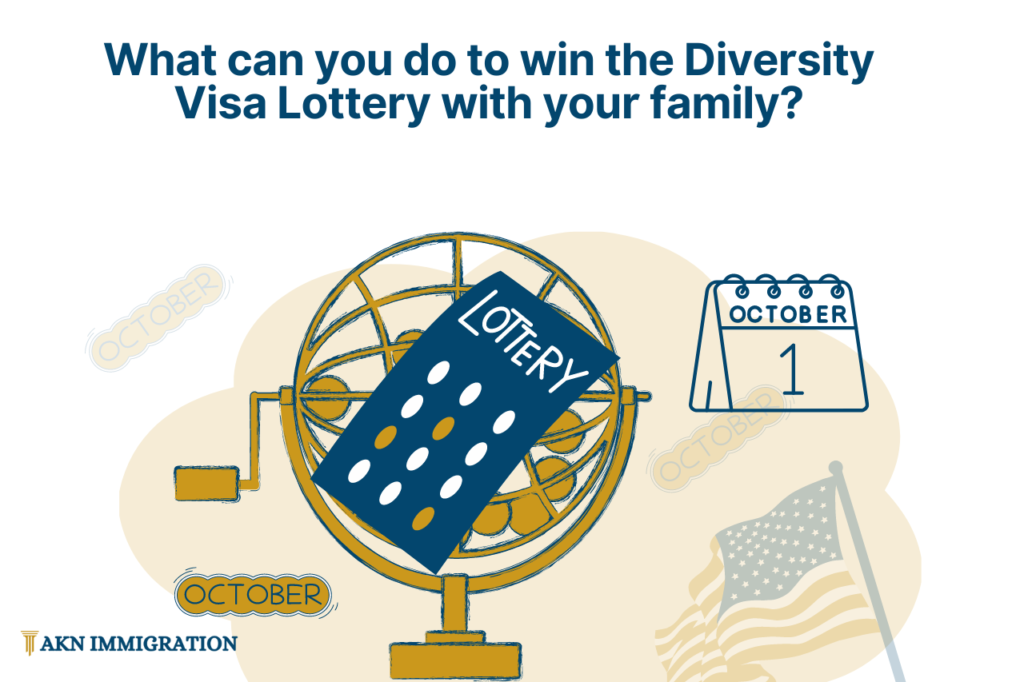
The Green Card Lottery, officially known as the Diversity Immigrant Visa Program, is an annual opportunity for individuals from countries with low immigration rates to the United States to apply for a U.S. permanent resident card. Here’s a comprehensive guide to the program, including when it happens, how to potentially increase your odds of winning, entry frequency, financial requirements, and disqualifications.
The DV Lottery : A Comprehensive Guide
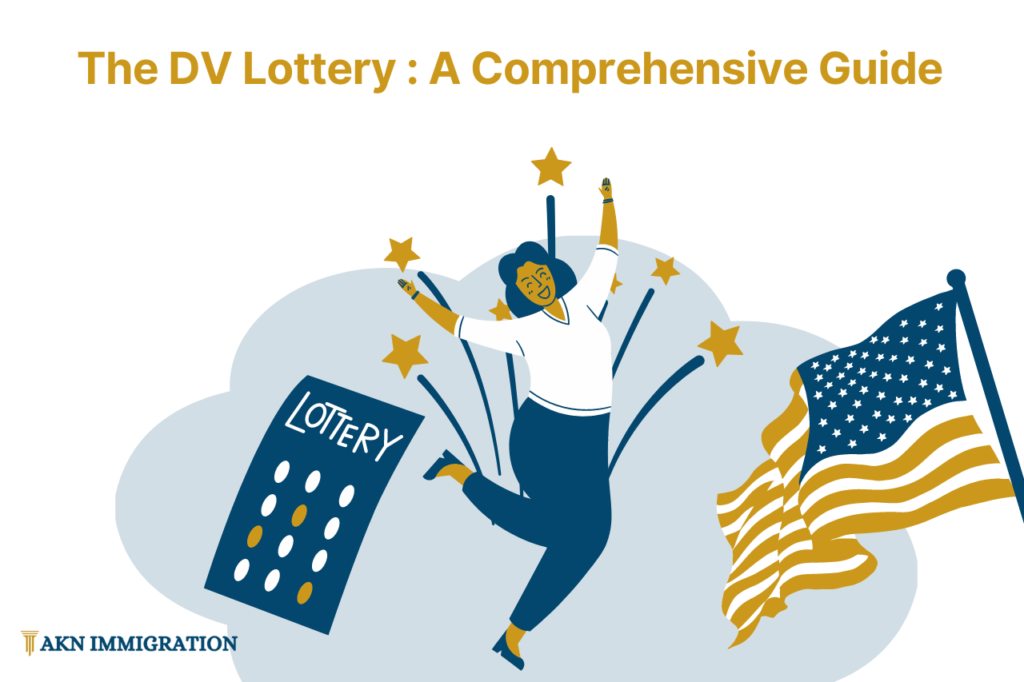
TThe DV Lottery, also known as the Diversity Lottery or the Green Card Lottery, is a program initiated by the United States government. Specifically, it aims to offer up to 55,000 immigrant visas each year to individuals from countries with minimal immigration rates to the United States. Moreover, the DV Lottery is managed by the Department of State and operates under the Immigration and Nationality Act (INA). Consequently, this program allows eligible applicants to obtain legal permanent residency in the U.S.
VAWA Applications: Frequantly Asked Questions
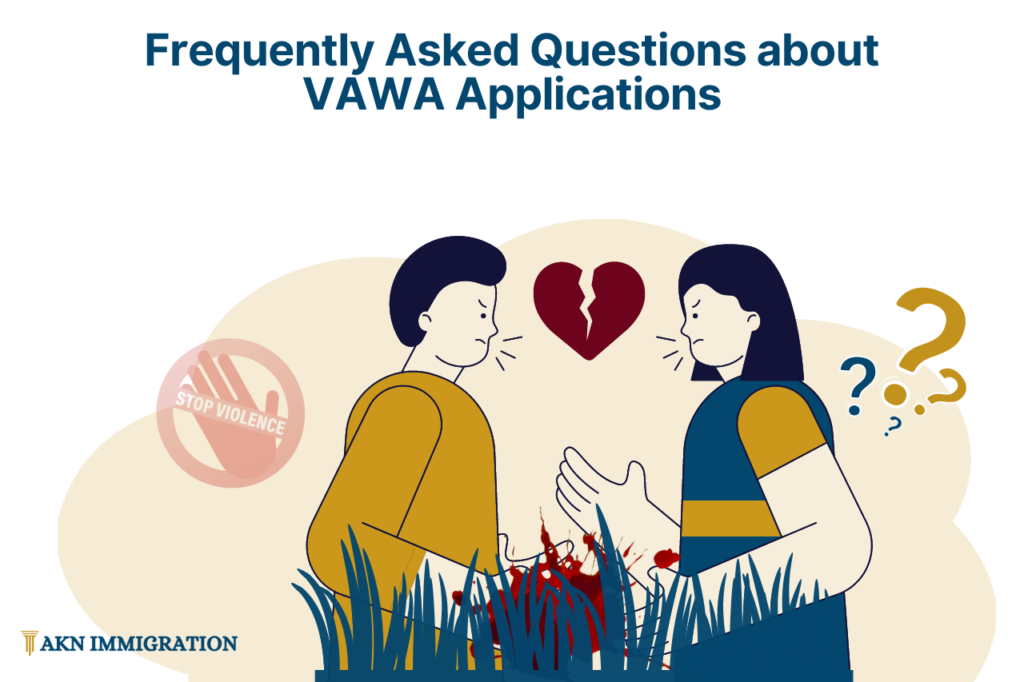
Applying for a VAWA self-petition is a significant step toward seeking protection and justice for abuse survivors. However, this path comes with its own set of questions and uncertainties. Let’s explore some common FAQs related to VAWA self-petitions and how to address them.
VAWA Visa Requirements Explained
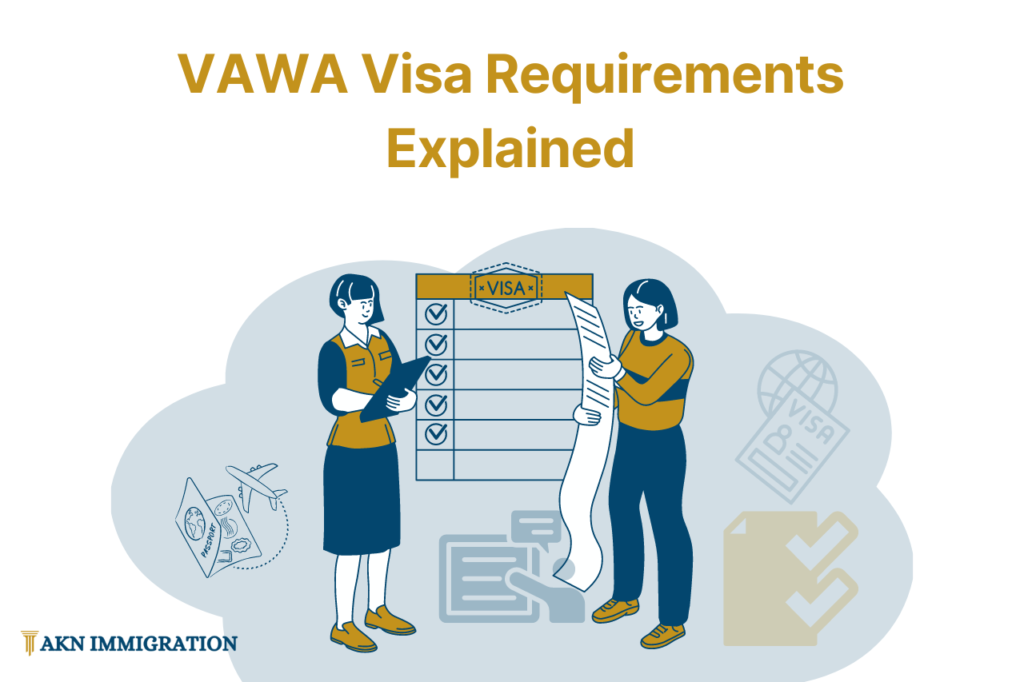
The Violence Against Women Act (VAWA) stands as a crucial legal framework aimed at shielding individuals from domestic violence and abuse. Despite its name, VAWA extends far beyond gender-specific boundaries, providing vital protections to anyone who has suffered abuse from a U.S. citizen or lawful permanent resident. This legislation acknowledges that domestic violence can occur in diverse relationships beyond marriage, empowering victims to pursue relief and immigration benefits irrespective of their relationship status with the abuser. Meeting VAWA Visa Requirements is essential for those seeking protection under this act.
Navigating the VAWA Self-Petition Process
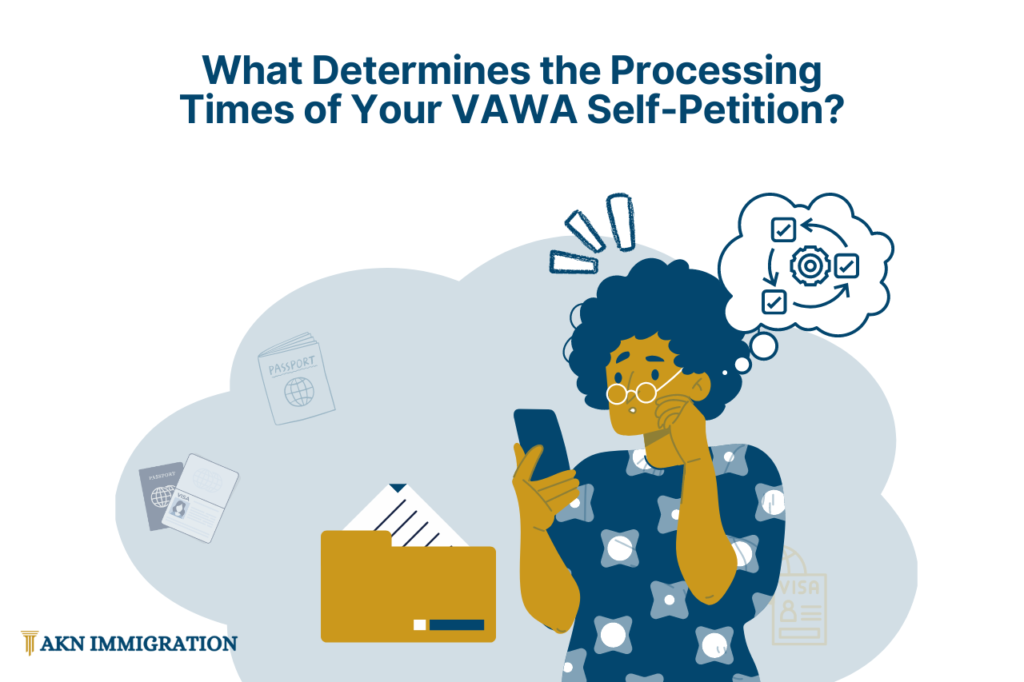
Navigating the VAWA Self-Petition Process is a crucial legal pathway for undocumented individuals who have experienced domestic abuse at the hands of a U.S. citizen or lawful permanent resident-qualifying relative. This process empowers victims by allowing them to independently apply for immigration status without relying on their abuser. Despite its name, VAWA protections are accessible to all victims, regardless of gender.
Common Challenges of VAWA Self Petition : Overcoming Them
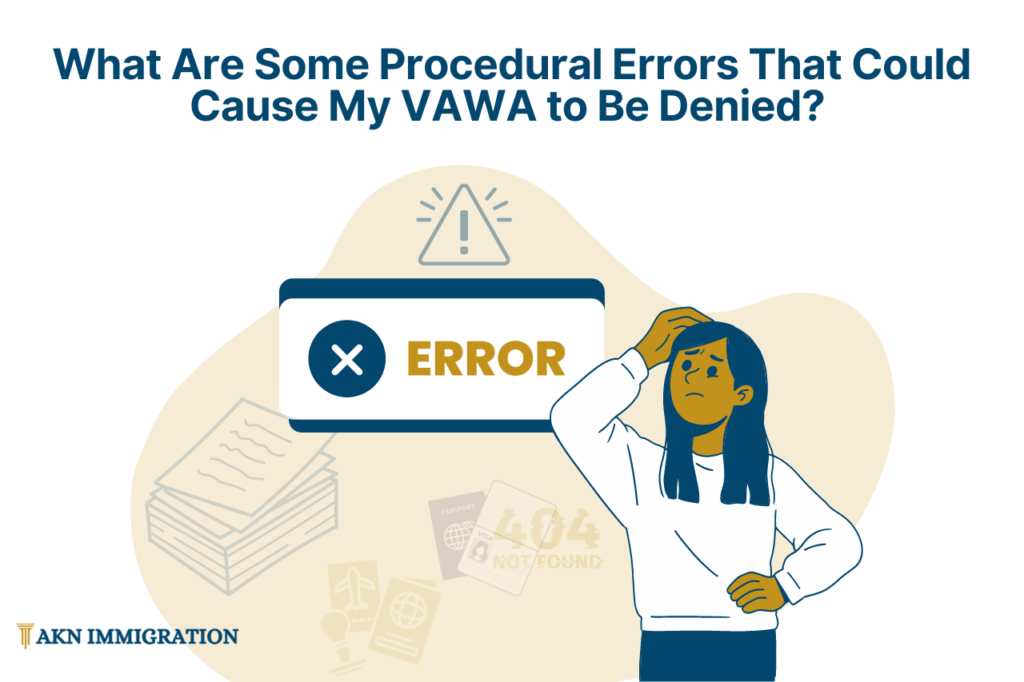
Applying for a VAWA self-petition is a significant step toward seeking protection and justice for abuse survivors. However, this path has its obstacles and Challenges of VAWA Self Petition. Understanding potential stumbling blocks can empower you to approach the process more effectively. Let’s explore some common difficulties VAWA self-petition and how to overcome them.
VAWA: Navigating protections with a criminal record?
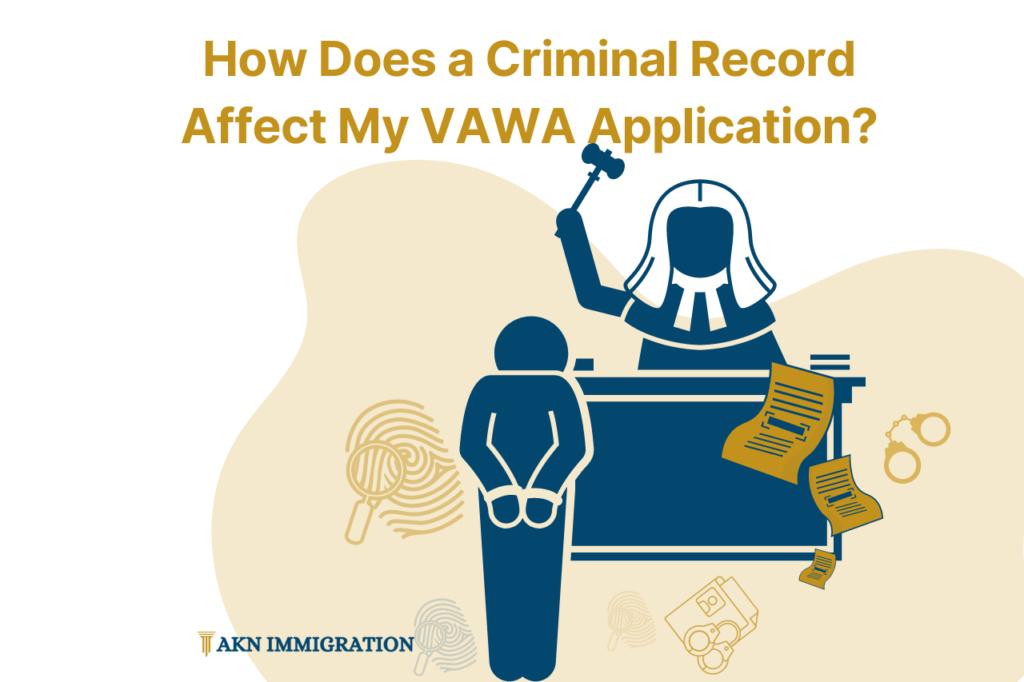
Navigating VAWA protections with a criminal record requires careful consideration and thorough preparation. Though having a criminal record doesn’t automatically disqualify applicants for VAWA protection, specific convictions may raise concerns during the application process.
Before attempting a VAWA petition alone, consult an experienced immigration attorney for guidance. Moreover, ensuring comprehensive rehabilitation documentation and addressing criminal record concerns are vital for navigating the VAWA application process successfully.
VAWA: A Comprehensive Guide for Abused Spouses.
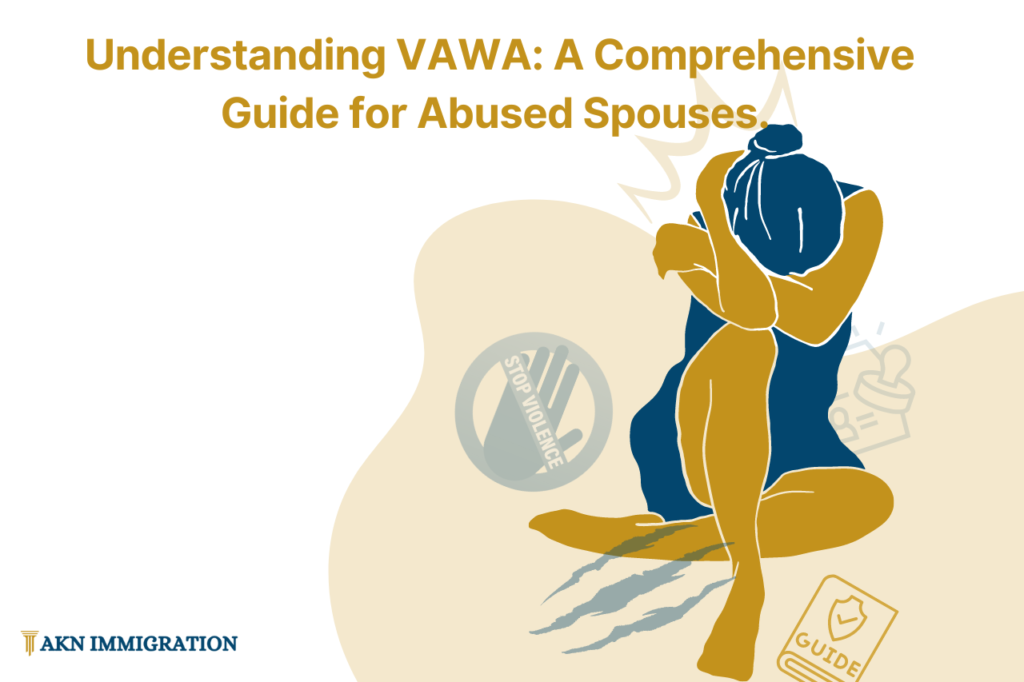
The Violence Against Women Act (VAWA) provides immigration protection to individuals, regardless of gender, who have experienced abuse at the hands of a U.S. citizen or green card holder qualifying relative.
One of the critical provisions of VAWA allows eligible immigrants to self-petition for lawful permanent residency (a Green Card) without the knowledge or consent of their abuser, a process commonly referred to as self-petitioning for Green Card under VAWA. This provision is of utmost importance as it empowers victims to seek safety and independence from their abuser, preventing them from being controlled through their immigration status.

